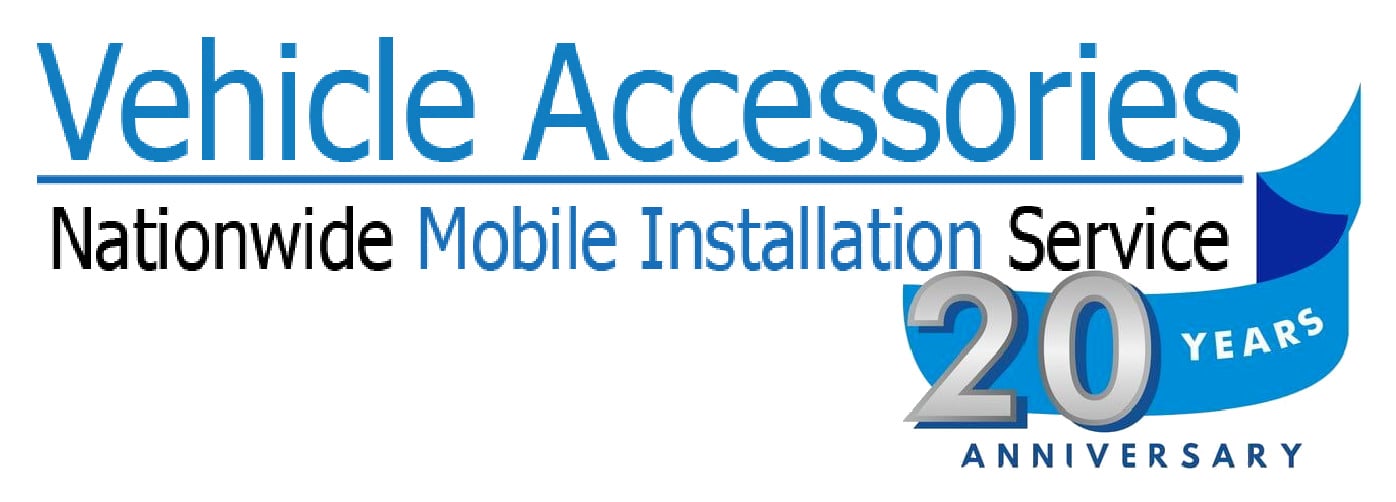Save Money On Your Vehicle This Year…

Save Money On Your Vehicle This Year…
How can you save money on your vehicle this year?
We have compiled 10 tips– from the purchase of your vehicle to buying fuel – to help you save £££’s in the new year!
1. Finding the right car :
Need a new car this year? Buying second hand, of course, is cheaper than buying new. However finding a second hand car that will last and save you money in the long run is a whole other matter.
Auto trader has compiled a list of checks to make before purchasing a used car to make sure you know what to look for – check it out!
2. Diesel vs Petrol :
According to Ford “Motorists can waste as much as £800 a year at the pumps by not following fuel-saving tips.”
The average price of petrol in the UK has dropped below £1.20 a litre – the lowest level since December 2010. For diesel, it is now about £1.25 a litre (according to an article by the BBC).
Though petrol is cheaper, diesels generally use less fuel. Choosing between the two depends on a number of things, including how often and how far you drive. If you regularly go on long journeys, for example for business, then diesel might be the better option for you as it is much more fuel efficient. Petrol cars are, generally, cheaper to buy and petrol is cheaper per litre in the UK.
The following infographics, created by The Telegraph, explain a little more about the difference by comparing 6 popular cars.



(Picture source: The Telegraph).
3. Car insurance :
Don’t jump into buying car insurance until you have really researched the market. Use comparison sites (and more than one) such as; Money Supermarket , Google and Go Compare. Don’t be afraid to try and haggle for the best deal!
4. Tunit Diesel Performance (fuel saving device) :
If you’re not one for driving slow and being careful in order to save money, there are also certain products you can buy to help with fuel efficiency. Tunit diesel performance “is an effective and highly adaptable way to increase your vehicle’s torque and power performance. You don’t even need to alter the vehicle’s equipment and programming. Adjustments can be made to gain great efficiency manually by the customer or electronically using a PC by a distributor.” This product might seem costly, but it can save you a lot of money in the long run. Purchase it via http://www.mobile-commercial-solutions.co.uk/Tunit-Diesel-Performance.
5. Lightfoot (fuel saving device) :
This is another fuel saving device. This equipment is designed with fleet managers in mind but can be used by all. Lightfoot is like “having a Driver Training Professional sitting next to you (or your drivers) every time they are on the road, encouraging them to drive in the most efficient way possible giving them the conditions and ensuring they do not slip back into bad habits.” Purchase it here!
6. Maintenance :
Service your car regularly to keep it in top shape and to maintain engine efficiency. Ensure you use the right specification of an engine (you can check this via the handbook for your vehicle).
Under-inflated tyres create more ‘rolling resistance’ and use more fuel, so ensuring your tyres are inflated appropriately (according to the amount of weight in your vehicle) is important and can help you save £’s.
7. How you drive :
Drive smoothly and accelerate gently. Try to keep your vehicle moving at all time (planning your journey will help you to do this) and try to stick to the speed limits. Driving at 70mph uses up to 9% more fuel than at 60mph and up to 15% more than at 50mph. Cruising at 80mph can use up to 25% more fuel than at 70mph (according to The AA) – so faster is not always better!
Changing gear faster and at the right times can also help save fuel.
8. Setting off…
Short journeys are likely to use more fuel, so where possible combine trips. And (although it sounds obvious) on really short trips try to walk or cycle instead of using your car.
Be mindful of waste this year and you could save more money than you realise!
Don’t start your engine until you are ready to go as waiting wastes fuel. Try to plan your journeys so that you take the shortest quickest route possible. Sitting in traffic can use more fuel sometimes than going a slightly longer way, so try to take the easiest route.
9. Lose some weight!
The heavier your car, the more fuel you are likely to use. Thus, don’t carry around heavy equipment when you don’t need it and be sure to remove your roof box etc. when you know it won’t be in use for a while. Put simply: More Fuel=More Weight, so lose weight from your car when and where possible.
10. Air-con vs open windows:
Air-con is great, however, it does increase fuel consumption (particularly at lower speeds!). Can you open the window instead? Try to use the air-con only when you really need to.
